Posted on 10/28/2024
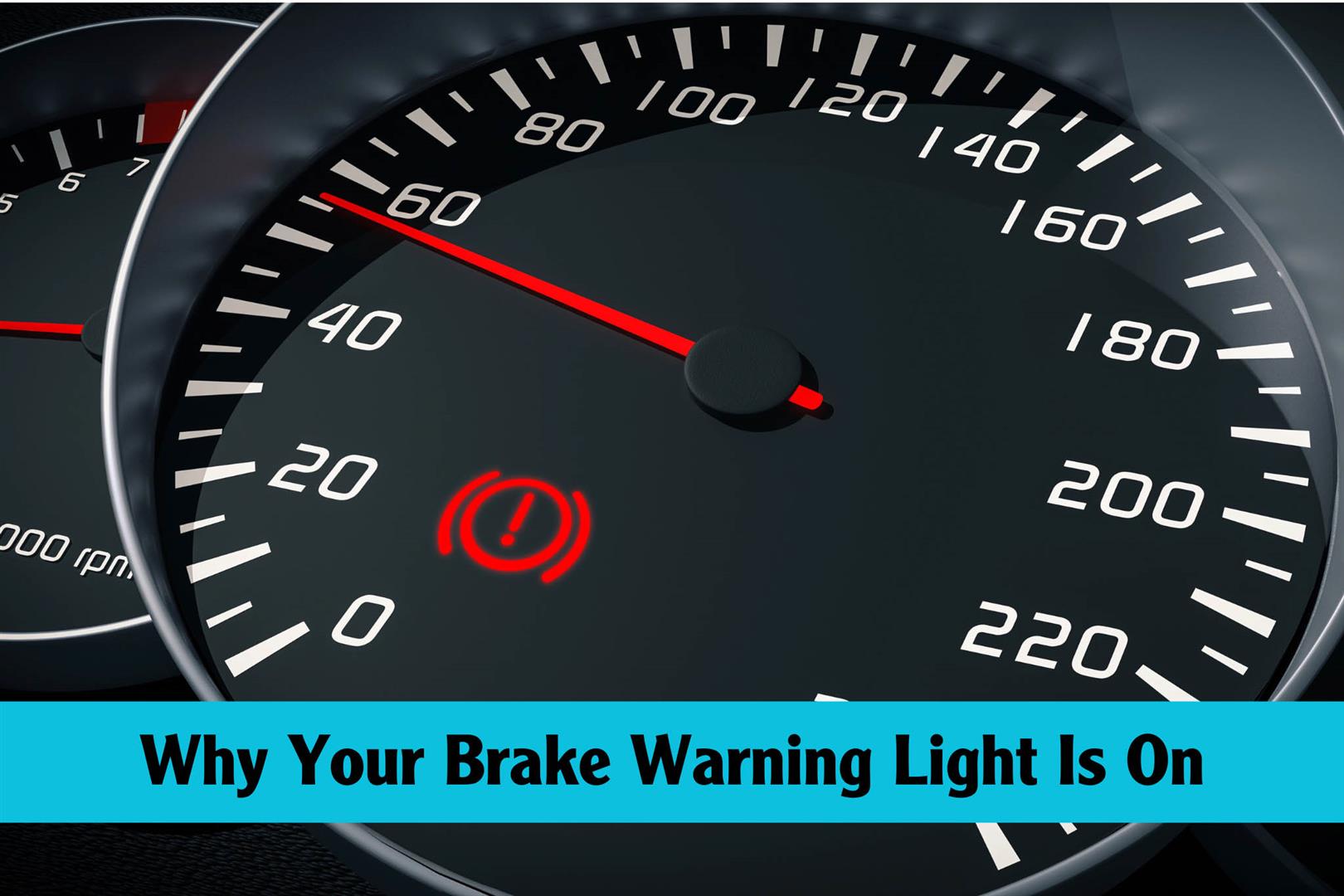
Why Your Brake Warning Light Is On and What to Do About It Seeing a warning light on your dashboard can be stressful, especially when it’s the brake warning light. But don’t panic—here are a few common reasons your brake light might be on and what you should do about it. What Could Cause the Brake Light to Come On? Low Brake Fluid: Your brake system relies on fluid to work, and if the fluid level is low, the brake light will come on. Low fluid can be a sign of worn brake pads or a leak in the system, both of which need to be addressed immediately. Worn Brake Pads: Some cars have sensors that trigger the brake light when the pads are worn down to a certain level. If your pads are nearing the end of their life, this light may be warning you that it’s time for a replacement. Parking Brake Engaged: Sometimes the simplest explanation is the correct one. Double-check that your parking brake is fully disengaged. If the light is still on, you likely have a more ser ... read more
Posted on 10/21/2024
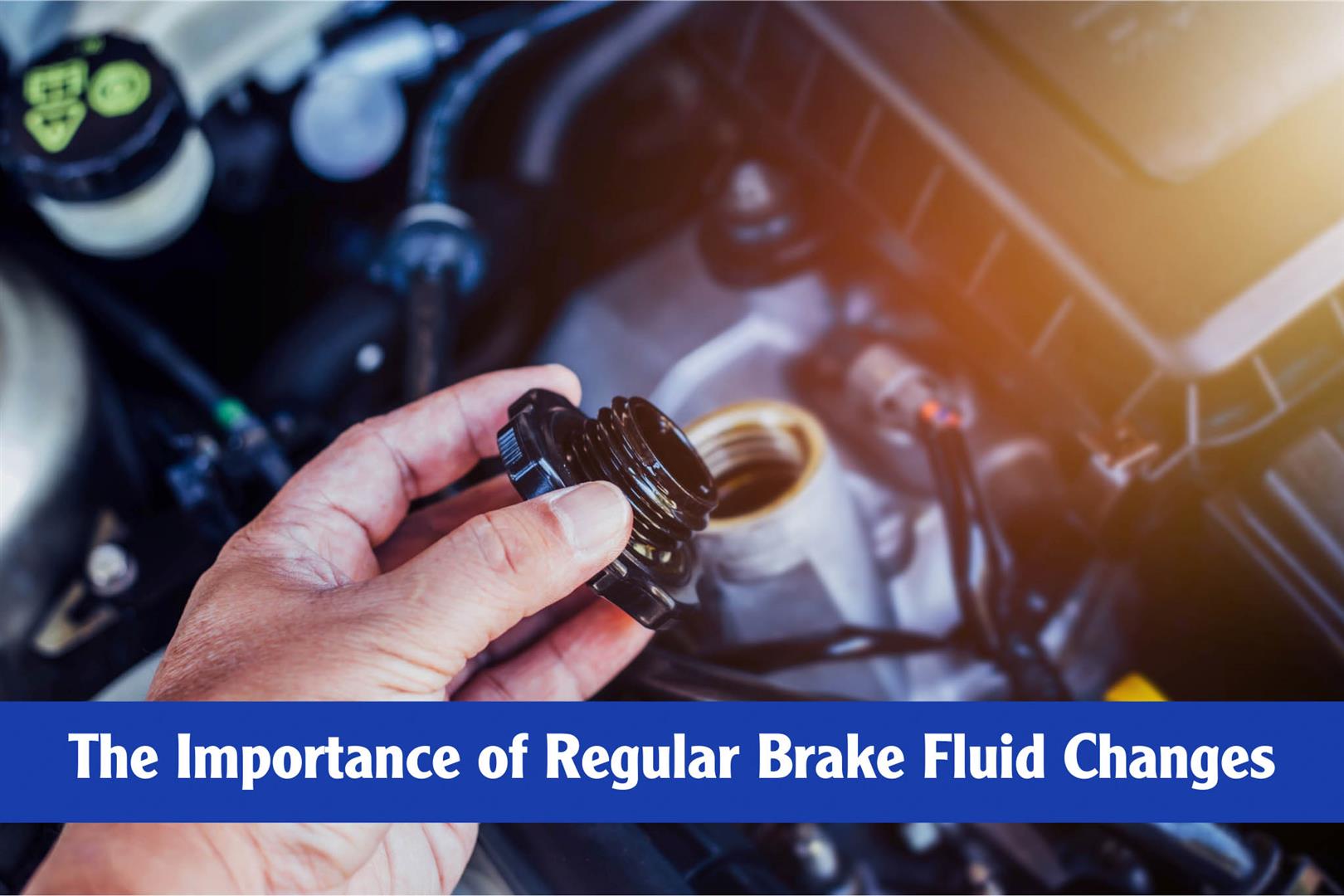
Your car’s brake system relies on more than just brake pads and rotors. Brake fluid is a crucial part of the system that helps your car stop safely, yet it often goes unnoticed. Keeping your brake fluid fresh can prevent costly repairs and ensure your brakes work properly when you need them most. Why Brake Fluid Matters: Brake fluid is hydraulic fluid, which means it transfers the force from your foot on the brake pedal to the brakes themselves. Over time, brake fluid can absorb moisture from the air, which reduces its effectiveness. Moisture in brake fluid can lead to: Corrosion: Water in the brake fluid can cause rust and corrosion in your brake lines, calipers, and other components. This can lead to leaks or even brake failure if left unchecked. Decreased Performance: Moisture reduces the fluid’s boiling point, causing it to vaporize under heavy braking, especially in Colorado’s mountainous areas. This is known as “brake fade” and can make it hard ... read more
Posted on 10/14/2024
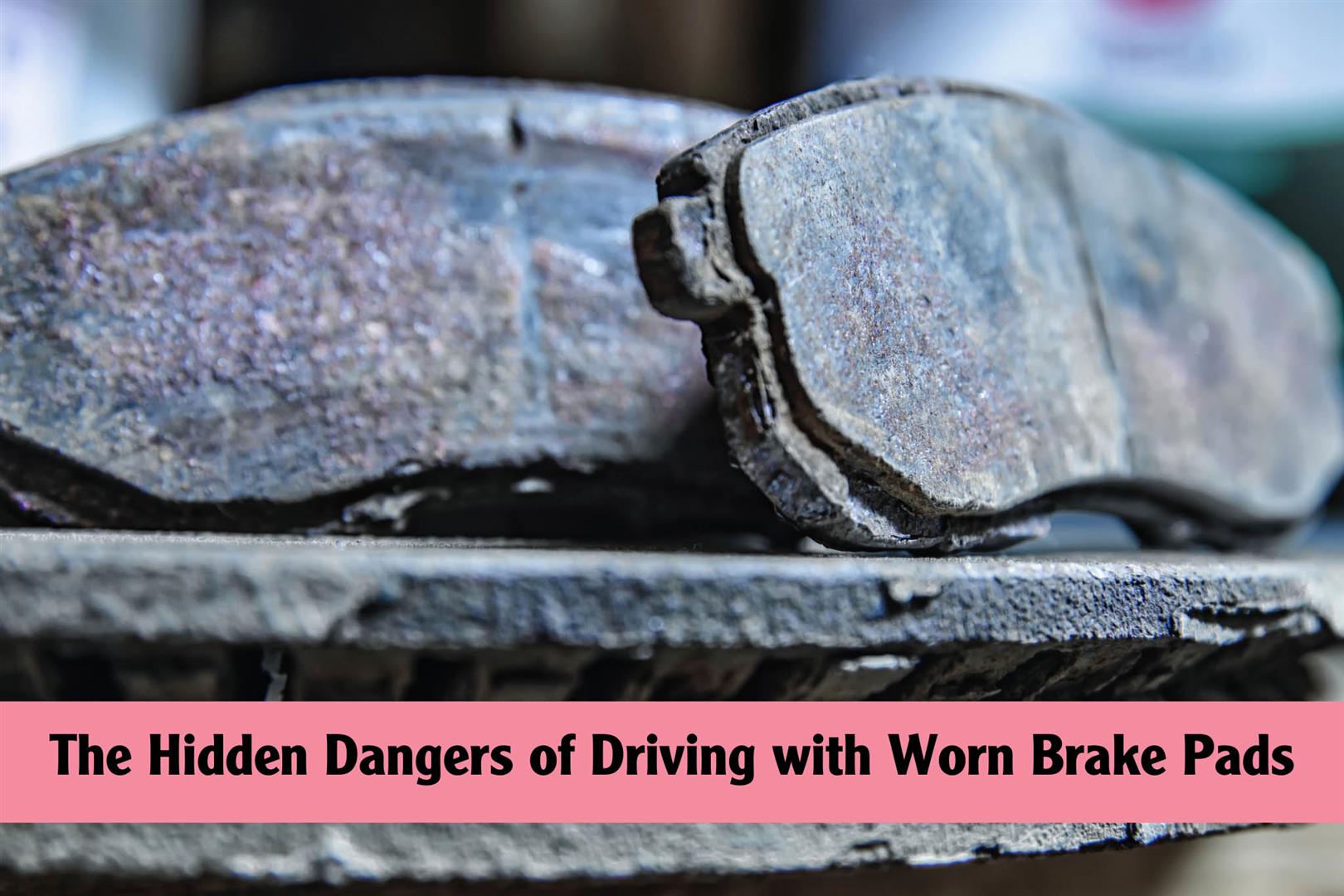
Brake pads are one of the most critical components of your vehicle's safety system. They’re designed to wear down over time, but driving with worn brake pads can put you and your passengers at risk. Let’s look at why replacing brake pads promptly is so important. Why You Shouldn’t Ignore Worn Brake Pads: Longer Stopping Distance: As brake pads wear, they become less effective at stopping your car quickly. In an emergency, this could make all the difference between a near miss and an accident. With Boulder’s unpredictable weather and winding roads, you need your brakes at their best. Damage to Calipers: Worn brake pads can damage your brake calipers. When the pads wear down too much, the caliper pistons have to extend further to reach the rotor, which can lead to excessive wear and potential damage to the caliper itself, including issues like sticking pistons or rust buildup on the piston seals. When pads are completely worn down, the metal backi ... read more
Posted on 10/9/2024
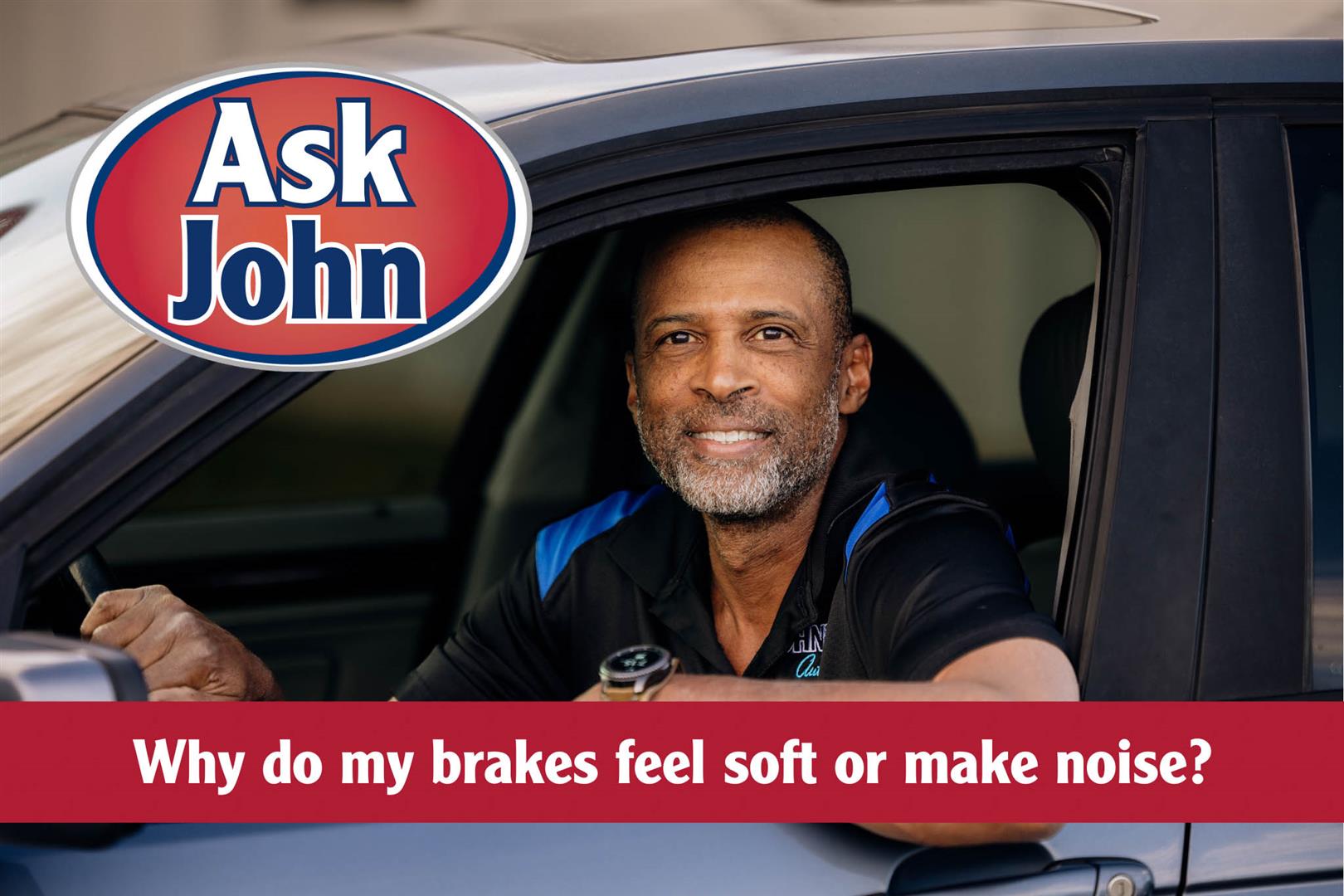
If you’ve noticed that your brakes feel soft or make unusual noises, it’s important to address these issues right away. Soft or spongy brakes can indicate a problem with your braking system, and ignoring it could affect your ability to stop quickly. Here are a few common reasons why your brakes might feel soft: Air in the brake lines - Air can get trapped in the brake lines, preventing the brake fluid from flowing smoothly. This leads to a soft or spongy brake pedal. Brake fluid leak - A leak in your brake lines can cause a loss of pressure, making the brake pedal feel soft or go all the way to the floor. Worn brake pads - Over time, brake pads wear down, causing the pedal to feel softer and reducing braking power. As for noise, you might hear squeaking, squealing, or grinding when you apply your brakes. These sounds often signal: Worn brake pads - A squeaking or squealing so ... read more
Posted on 10/9/2024
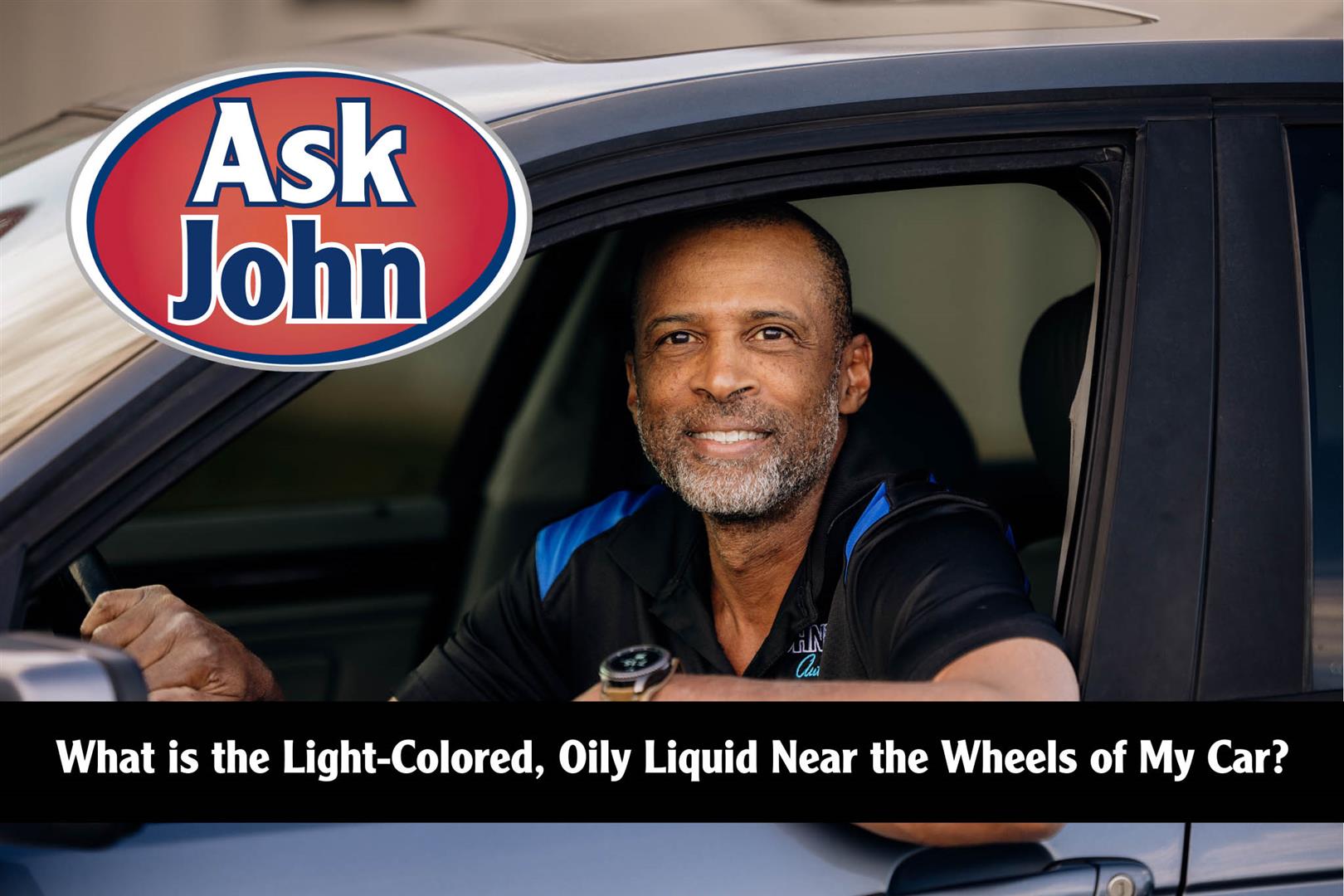
Noticing a light-colored, oily liquid near your car’s wheels can be concerning. In most cases, this is brake fluid, and it’s a sign of a potential problem with your braking system. Brake fluid is essential for transferring force from your brake pedal to the brakes themselves. When there’s a leak, your car’s braking performance can be compromised, making it unsafe to drive. The fluid usually appears near the wheels because that's where the brake calipers, lines, and hoses are located. If you spot this leak, don’t ignore it! Low brake fluid can lead to: Soft or spongy brakes Longer stopping distances Complete brake failure At John's Auto Care, our experienced brake specialists can quickly diagnose and fix any brake fluid leaks to keep your vehicle safe on the road. Concerned about a brake fluid leak? Visit our Brake Services Page to schedu ... read more